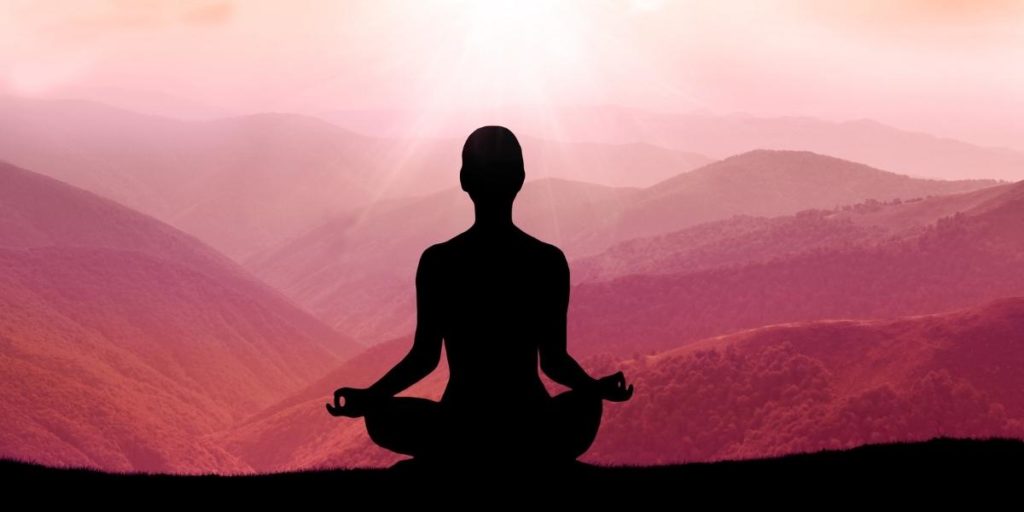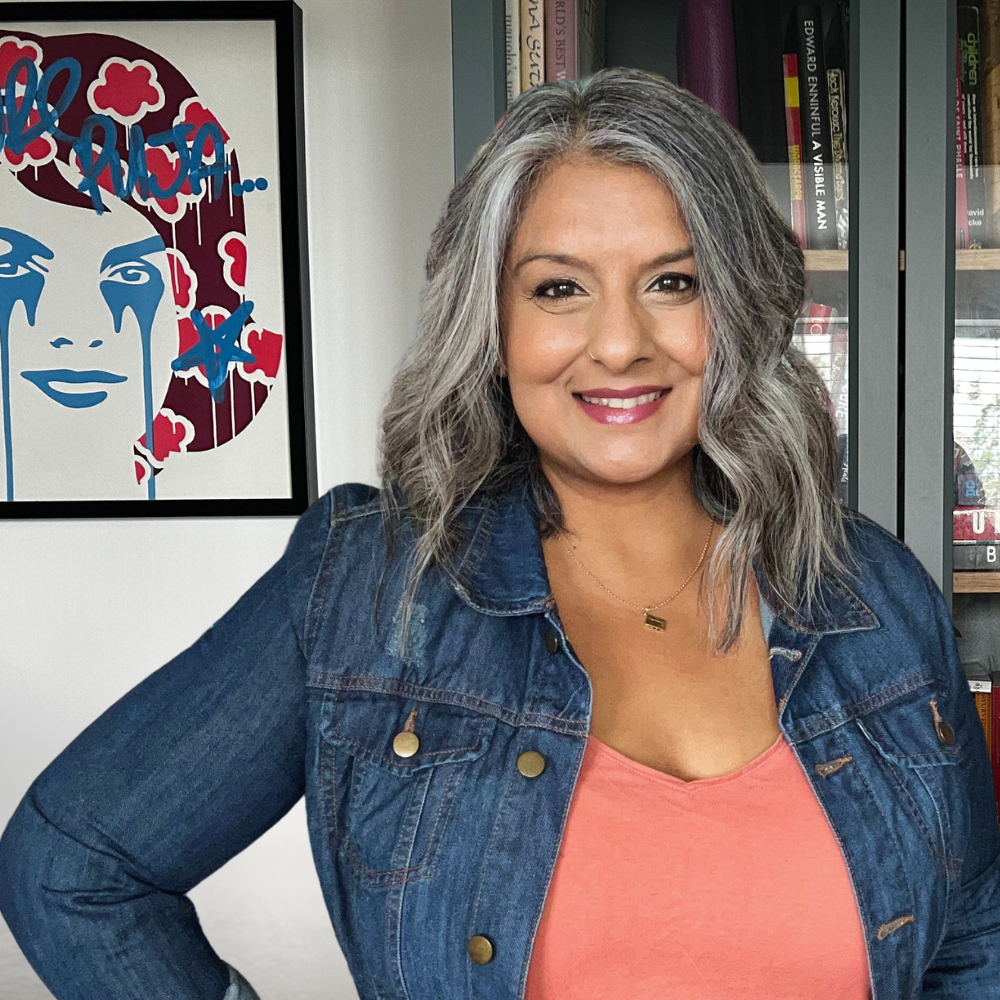
Why Meditation Isn’t Working For You
Ask any decent teacher and they’ll confirm the reason that meditation isn’t working for you is because you’re not applying it to your day-to-day life. If we want to be more mindful, our actions have to reflect this. Should you want to manage stress with meditation then you need to practice the calm, peace and acceptance from your meditation practice in real life.
Why are you struggling with meditation?
The biggest misconception about meditation is that it will fix your problems. Your stress will be eradicated after cultivating a practice and that you just need to attend classes to make you feel better.
Any decent teacher will tell you that the effects of meditation happen beyond the mat, beyond the class. Meditation isn’t working for you if you think that each session of meditation you attend is going to somehow revolutionise your life.
How does meditation work?
Although often interchanged, meditation and mindfulness are one and the same thing. The latter was cooked up by the west and offered a measure for science to be satisfied. The “experts” often cite that mindfulness is the act of paying attention to your thoughts and feelings in the moment. These same experts say that meditation is the act of sitting or lying in a meditative state. Picking one point of reference, often the in and out breath, while becoming aware of the thoughts and feelings that arise, then bringing the attention back to the breath.
They are the same. Meditation from the east has helped people in the west understand how to meditate by suggesting they focus on points of reference. True monks etc don’t need a point of focus to meditate. Being mindful of your breath allows you to learn to be mindful in real life.
My point is that they are the same, the difference is how your palette wants to digest it. It’s no secret that teachings from the east have permeated the west for years but in order for the west to be happy with it, it requires science.
I’ll just add that we (Indians) have done ok without the need for western science to validate meditation, for centuries and instead we focus on acceptance of the practice. Why is this not good enough for the west? But let’s not make this a history lesson even though it should be.
How to make meditation work for you
There are a number of things you can do if meditation isn’t working for you if you’re interested in its benefits. The main reason is to understand that ticking boxes by going to classes isn’t going to help you.
There must be an intention to anything that you do to help yourself. When you have an intention, you are opening yourself up to understanding the experience of your meditative practice and therefore apply it more easily and effectively into your life.
These are 3 important points to note when addressing a meditation practice:
- Don’t have expectations
- Accept what is
- Do your research
Meditation isn’t working for you because of elitism
I said it! Elitism is rife in the wellness industry, on social media in classes and it’s offensive as f***! Meditation and in fact, anything from the east is inclusive and about serving us as a whole community. Always leading with love, these practices shared with the west have been so deeply abused left right and centre that it’s important to speak up.
You can scroll the ‘gram and see people advocating for meditation (which I love) but at the same time, their communication is elitist. They aren’t inclusive and they aren’t sharing the rich history and benefits. Literally, this beautiful ancient teaching just becomes a 60 minute class you take for £15 every Tuesday. You then go about your daily life, with the same problems, the same stressors and blame the meditation practice for not working.
But you’re not doing the actual work. Have you noticed that Indian people who meditate talk about it differently to others? That’s because it’s not a competition, it’s not elitist, it’s just wonderful and we embrace anyone who engages in the wholeness of these teachings.
Rant over.
3 easy tips if meditation isn’t working for you
Here are 3 easy tips that you can apply if you want meditation to work for you but are struggling with it:
1. Trust your teacher
So many people underestimate the power of the teacher. You have to trust them if they are guiding you in meditation. They are literally talking to your subconscious. Don’t know about you, but if someone was poking around my brain, I’d want to be able to trust them. When you trust your teacher, you’ll find that you’ll relax more easily and learn so much about yourself and the process.
2. Let go and trust
I know this is hard for us to do but if you don’t start to let go and trust, none of these wellbeing practices will actually help you. Letting go is about surrendering to what can’t be explained. It’s about trusting in your intuition to know what’s right for you. When you let go of the things that are out of your control, you’ll find that you’ll relax deeper into meditation and start enjoying it for the peace it brings.
3. Remove the pressure
Sometimes you can put too much pressure on yourself. When it comes to spiritual practice, if you’re so far removed from it, it will be harder for you. This is not a bad thing. You just need to accept and acknowledge that this isn’t the right time for you to cultivate a meditation practice. If you keep putting pressure on yourself, meditation will not work for you. The best thing to do in this scenario is to go for a walk. No music, no podcast, just you and the world around you. If you can quiet your mind on these walks, you’ll be ready for meditation.
If you’re struggling with meditation not working for you, check out my Reset treatment which is a one-on-one meditation, reiki and coaching session for busy minds. It’ll help you relax, gain clarity and help you focus on what’s important to you. Details here

Hi, I’m Puja! I’m all about helping driven, purpose-led people create success that actually feels good—without losing themselves along the way.
I mix deep coaching with practical strategies and a soulful perspective to help you thrive in your work, life, and well-being.
This is where I share stories, ideas, and inspiration to spark bold thinking and a more meaningful way of living.
Discover more: SIMPLY WELLBEING SUBSTACK
Registered address: 3rd Floor, 86-90 Paul Street, London, EC2A 4NE
© 2025 Frankly Coaching Ltd.